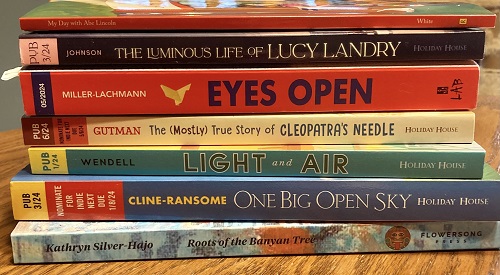The Last Cantata
King Frederick II of Prussia summons the elderly J. S. Bach from Leipzig to Potsdam for a meeting. When Bach is ushered into the King’s presence, Frederick is playing a theme of his own invention, the Thema Regium, which he then invites Bach to play. Bach extemporaneously develops the theme into a multi-part fugue and later incorporates it into his piece the Musical Offering, written for Frederick II. This theme is then passed on from composer to composer, from Bach to Mozart, and from Mozart to Beethoven, Wagner, Mahler, and Webern, each of whom uses the theme in one of his pieces.
In present day Paris, advanced students at the Conservatoire National Supérieur de Musique de Paris who are taking the fugue and counterpoint exam find that they are to use the Thema Regium, written backwards, as the theme for their composition. A friend of the exam winner decides to prove his theory that computers can compose music just as good as that written by humans, which leads to a violent death seemingly connected to the Thema Regium. Yet why would something as innocuous as a musical theme lead to murder?
This imaginative and thoroughly engaging story, set alternately in present-day Paris and time periods connected with the composers mentioned above, deftly interweaves the history of the theme and the contemporary murder investigation. The historical sections skip from time period to time period, but after an initial adjustment to the technique, this does not disturb the flow of the plot. The snapshots of the composers conform to popular notions for the most part, while the sections connected to the royal theme are detailed but not incomprehensible to a music novice. The pieces all tie together neatly at the end, and I greatly appreciated the “Fact and Feasibility” epilogue which explains what is and isn’t true, while leaving open a few areas where things might have been possible.
Toby Press books (www.tobypress.com), distributed in both England and the US, are only available by mail from the publisher. (800-810-7191 within the US or Canada; +44 (0) 20 7637 8134 in the UK; +1 203 699 3666 elsewhere.)










